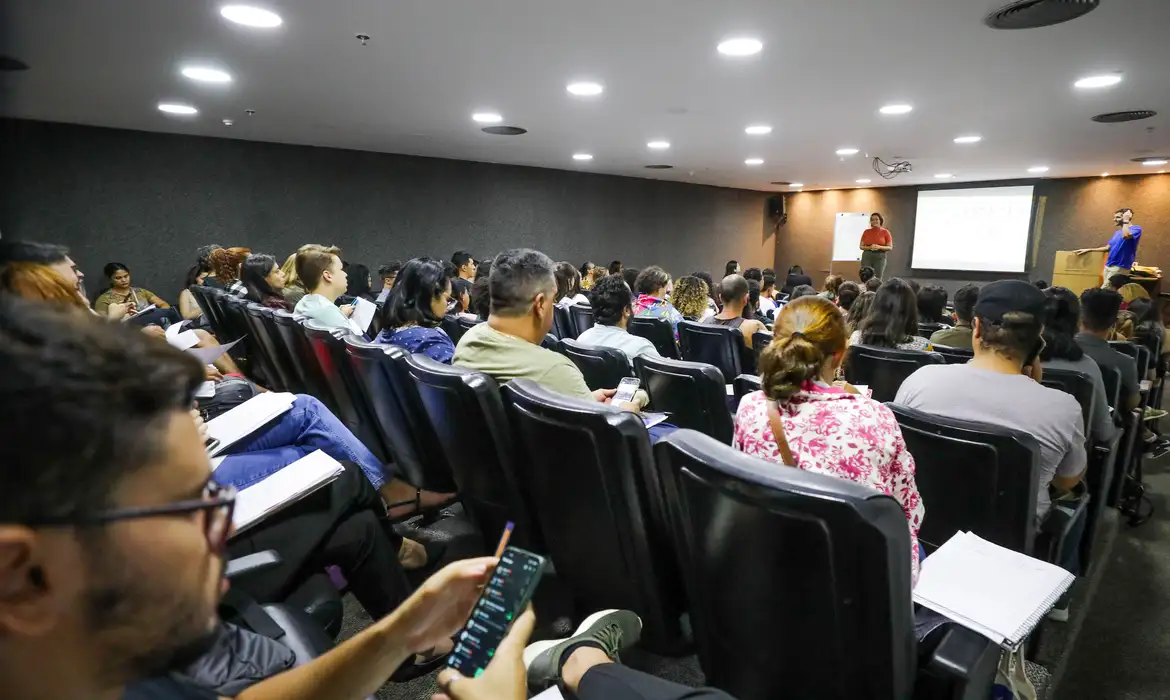President Luiz Inacio Lula da Silva signed a decree that regulates the new policy of racial quotas for federal public tenders. The text was published in extra edition of the Official Gazette on Friday night (27) and establishes that 30% of vacancies will be reserved for historically excluded ethnic-racial group candidates.
According to the decree, the distribution will be as follows:
- 25% for black and brown people;
- 3% for indigenous people;
- 2% for quilombolas.
The measure is valid for competitions and selection processes of the direct federal public administration, municipalities, public foundations, public companies and mixed economy companies controlled by the Union.
If there are not enough candidates to occupy the vacancies of a particular group, the remaining quotas will be redistributed among the other groups, following the order of priority: first indigenous, then quilombolas, then black and brown people. If you are still about vacancies, they will be destined for wide competition.
Candidates who fit more than one quota will be considered only in the highest percentage. All quota holders also compete simultaneously in wide competition, if approved by this way, they do not occupy a reserved vacancy.
To apply for reserved vacancies, the interested party must self -declarate at the time of registration, according to IBGE criteria. Confirmation of self -declaration will be done by specific commissions:
- Blacks: Five -member heterohydict bank assessment.
- Indigenous: Composed Commission mostly indigenous, with the requirement of documents as a statement signed by community members.
- Quilombolas: Commission with quilombola majority and documents such as Palmares Foundation certification.
If there is divergence between the initial committee and the appeal, the candidate’s self -declaration will prevail.
The quota policy for people with disabilities (5% of vacancies), already regulated in another standard, remains unchanged.

